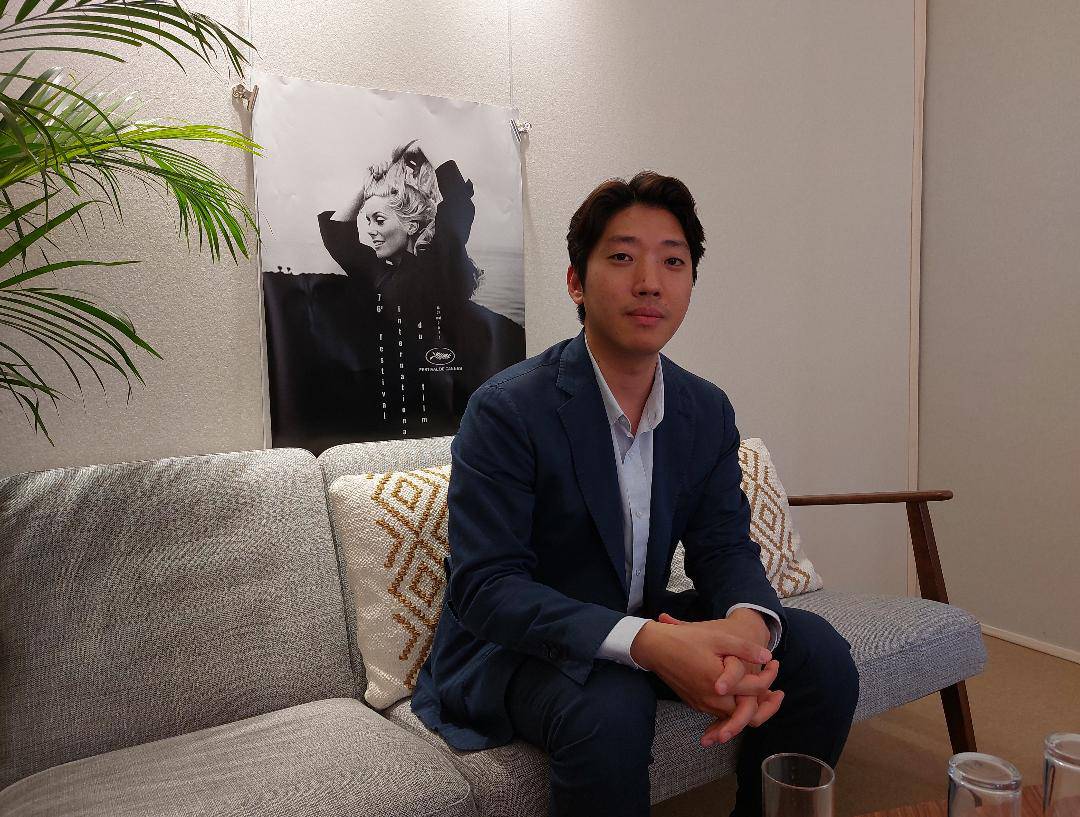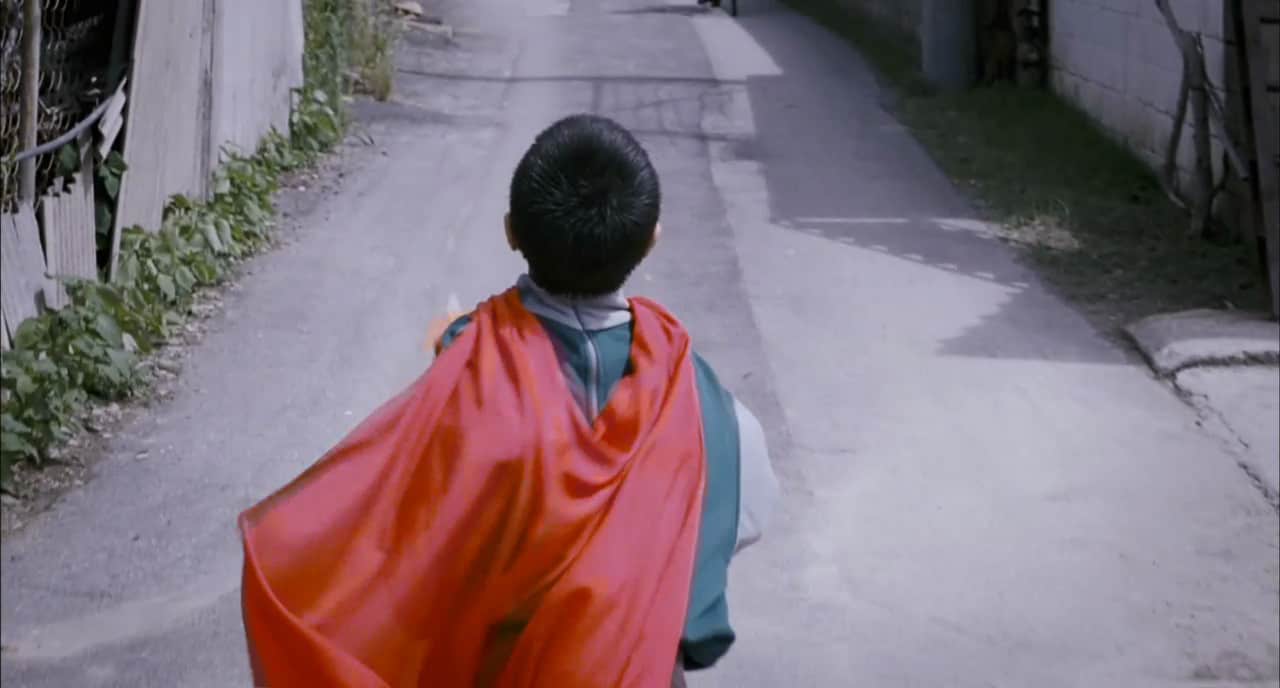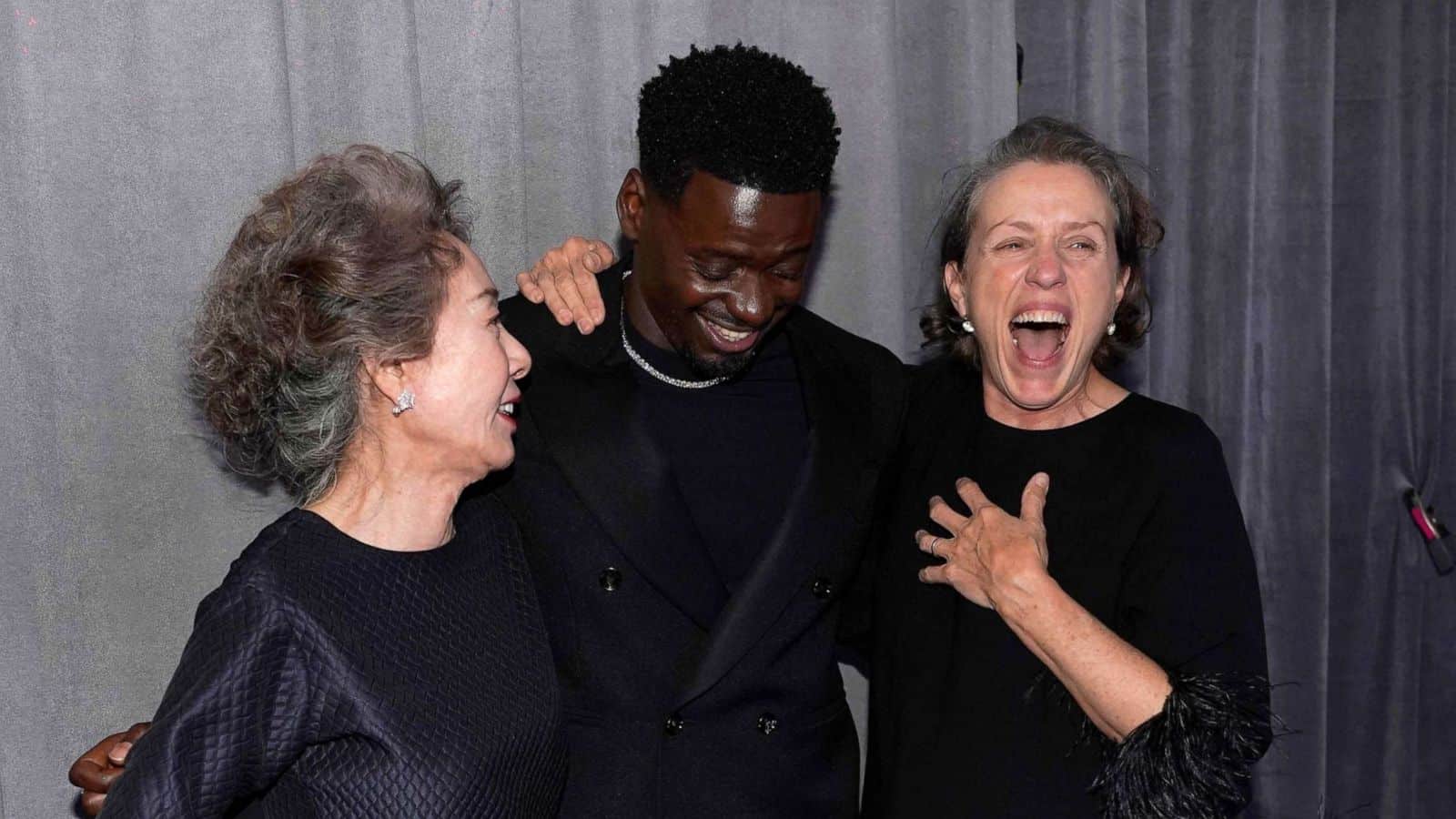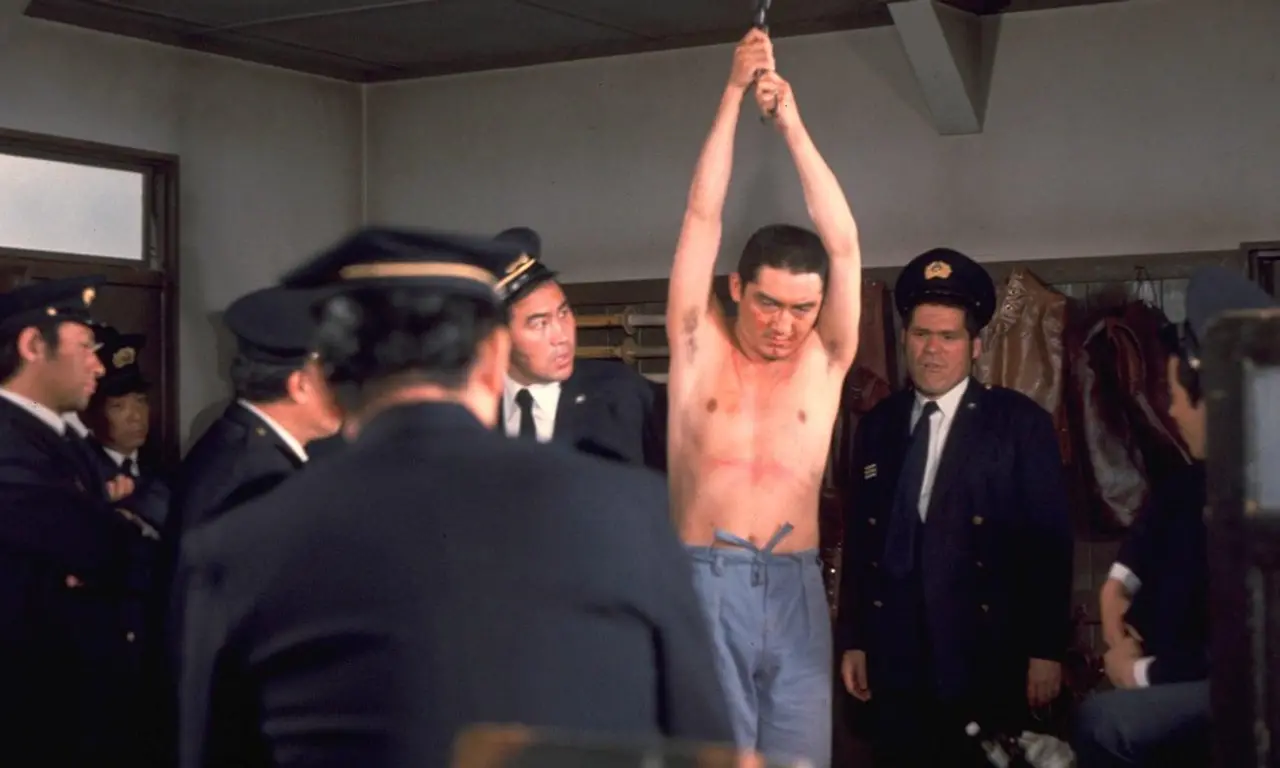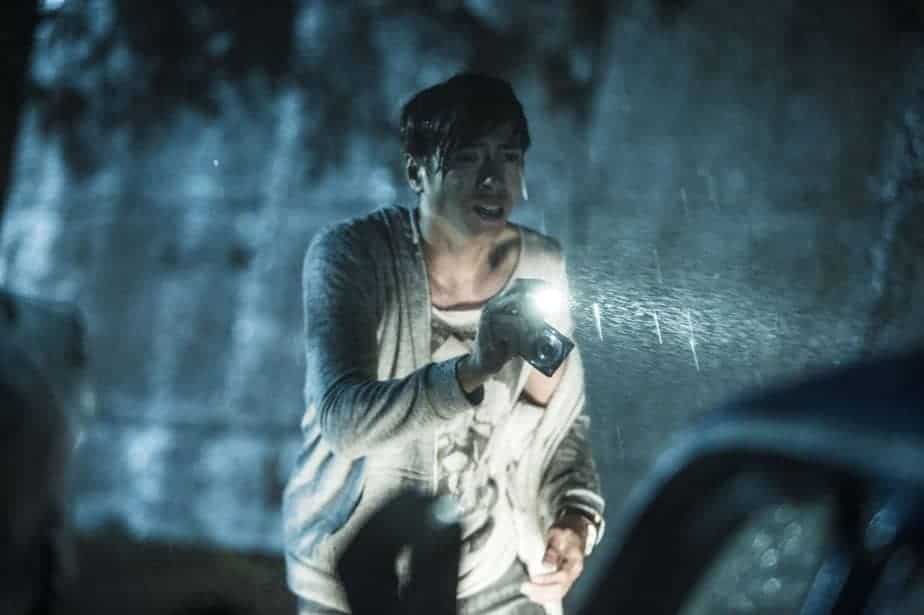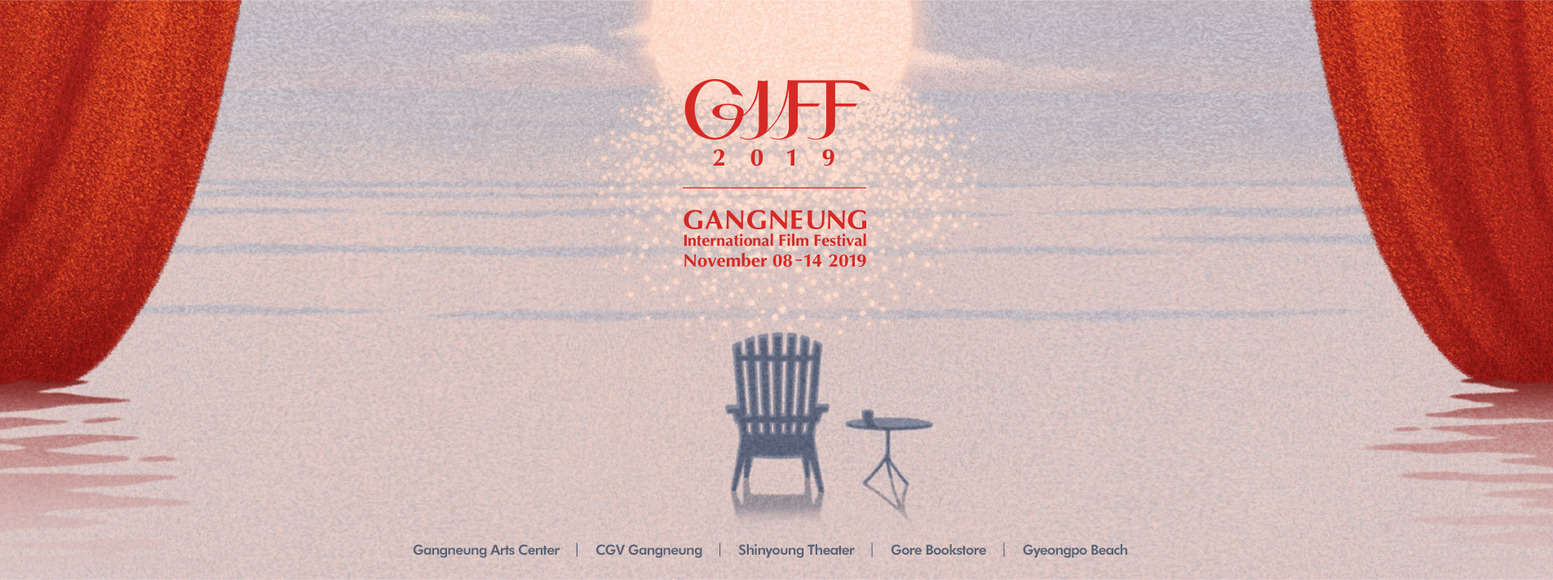Huang Chia-chun is a Taiwanese film and TV director who has been working on several projects for over ten years. Many of his documentaries focus on relationships and families, such as “They Are Flying” (2008) which told the story of several children who were abandoned by their parents or their school, and how the were able to re-connect to the world. He also directed the segment “When a Man Loves a Woman” in the project “Ways Into Love”, whose other parts were directed by his colleagues Singing Chen and Ko-shang Shen. He has won several awards for his works, for example, the Audience Choice Award in South Taiwan Film Festival for “They Are Flying” or the Jury Award of the Golden Koala Chinese Film Festival for “Rock Me To The Moon” (2013).
His latest project is the documentary “Whale Island”, a feature which aims to explore the connections of Taiwanese culture and politics with the ocean. The feature has been screened in several international festivals and received general praise from audiences and critics alike.On the occasion of “Whale Island” being screened at Taiwan Film Festival Edinburgh, we interviewed Huang Chia-chun about his inspiration for his film, his approach to the topic and the making of the score.
Whale Island is screening at Taiwan Film Festival Edinburgh
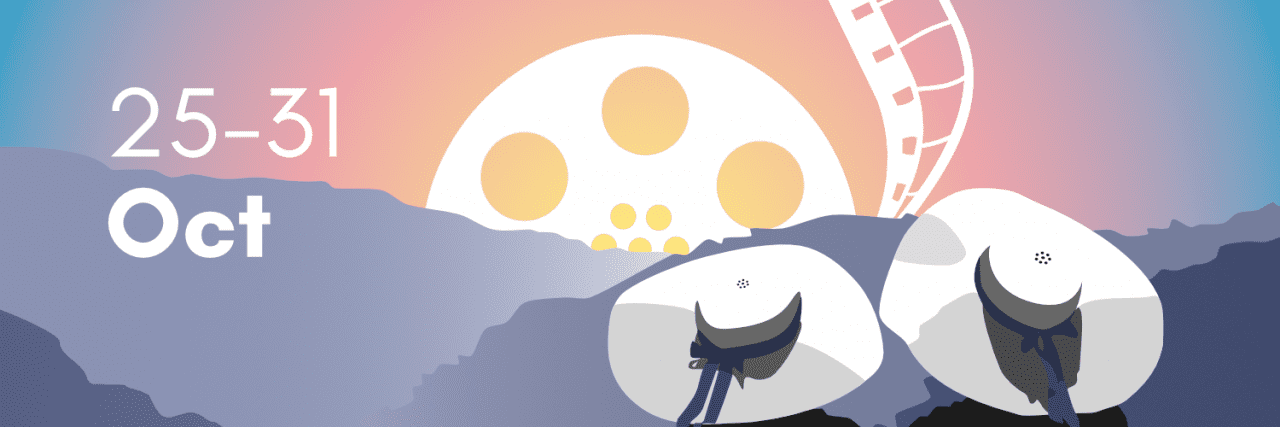
As you highlight right from the beginning of „Whale Island“, you want to explore Taiwan‘s connection to the sea. Could you say something about that particular relationship of the country‘s culture and the ocean?
This is something that is quite difficult to explain to someone from the US or from a European country because you are not an island nation like Taiwan is.
My aim was to depict the ocean as a metaphor for freedom. On the one hand, you can see this from political angles, with regard to Taiwan's relationship with China. In “Whale Island”, there is a scene showing a whale next to land which looks like China being next to Taiwan. But on the other hand, Taiwan should also regard itself as a whale, an ocean animal which has this vast space it can move and which is able to experience this great freedom of the open sea. This is a great image for Taiwan's future.
However, there is another meaning attached to the ocean, which also derives from Taiwan's history. Because, historically, invaders came from the sea, there is something like a cultural fear of the ocean. I wanted to highlight its beauty with my film and show people there is nothing to fear. I hope my film encourages people to approach the ocean without fear.
How did you meet Liao Hung-chi and Ray Chin, the two “protagonists” of your documentary?
I met Ray Chin when I was at Cannes Film Festival several years ago and over several conversations we found out about each other's love for the ocean. Liao Hung-chi is quite famous in Taiwan for his writings about the sea and I was able to accompany him on one of his projects, which you can also see in the film. Ray Chin was part of the team as well during those seven days of shooting.
This experience was an important inspiration for “Whale Island”. Even though we are all from different generations, we are connected through our passion for the ocean, which I though was a great foundation for the documentary.
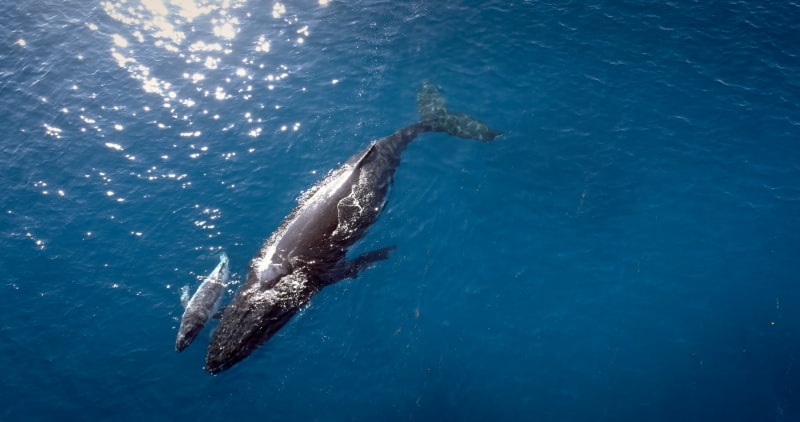
I read somewhere that your original plan was to make a more abstract, formalist film. When and why did that change?
The whole production process took around three years, two year of filming and one year for editing. During that last period, my daughter was born which not only changed my life but also my outlook on the project. Instead of following my original plan of making a more arthouse documentary, I found myself reflecting on my role as a father and of men in general in society, which gave the film a different direction. That is also the reason why I chose to include more footage showing Liao's and Ray's families.
Like in many other cultures, men in Taiwan traditionally have the obligation or role of representing the family while females would look after the children. However, this concept is changing, which is something I experienced myself while trying to find a balance between my work as a director and me wanting to be there for my daughter and see her grow up. I guess this is a decision or struggle many people can relate to, as you basically have to make a choice whether you want to follow one or the other.
Can you tell us something about your collaboration with Lin Hsiang-sheng on making the score for “Whale Island”?
Lin Hsiang-sheng is quite a famous musician in Taiwan, who is known for his traditional approach that is unaffected by, for example, US-American pop music. At the same time, he is very creative and prolific, which is why he originally declined to do the score for “Whale Island”. However, after having watched a rough cut of the film, he changed his mind.
Apart from his reputation in Taiwan, I also chose him because he is a father himself and would understand what I was going for in “Whale Island”.
Interestingly, during his work on the music for the film, Lin realized and told me, there were very few scores in Taiwanese cinema inspired by the ocean. Other island cultures, for example, Hawaii or Bali, have music which deals with this theme, but not so in Taiwan. The composer took that as a challenge, to make music that, no matter where you are or where you are coming from, would make you think of the sea.

Is there a subject or story you would like to tackle next or in a future project? Can you explain why this one?
This is a tricky question because during the editing process, as I mentioned before, my daughter was born which caused quite a few conflicts in my family. Eventually, I decided to wait until my daughter is old enough before I tackle the next project.
Instead of doing another film project I decided to write. In fact, my first project is about to be published here in Taiwan. Additionally, I also have a teaching position at a university.
In about four years, I am planning to perhaps do my next feature project. I already have some ideas, but so far I have not put anything down on paper.
Thank you for the interesting conversation.




